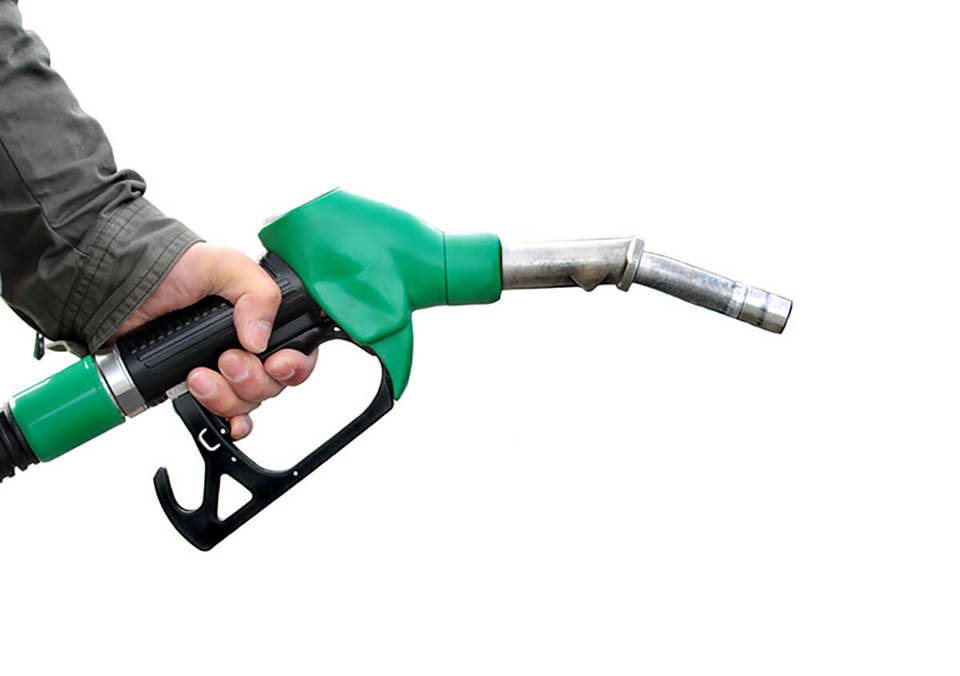In its submission to the Treasury ahead of the Budget on 24 March, the Freight Transport Association (FTA) has called on the Chancellor to abandon plans for an above-inflation fuel tax increase this year.
It argues the fuel duty rise, estimated to be 3.5 pence per litre as a minimum, will heighten the misery being felt by transport businesses as they desperately try to stay solvent amid rapidly rising fuel costs, squeezed credit terms and weak levels of business activity.
Simon Chapman, FTA's chief economist, said: "Political instability in other countries and the impact this has on the price of a barrel of oil is beyond the Chancellor's control. However, the level of tax he then heaps on top of it is certainly not.
“The Budget needs to prioritise measures which create an economically sustainable environment in which businesses have confidence in the future. The planned fuel duty hike is simply a revenue raising ruse. It offers no benefit to the economy, serving only to push up costs and inflation and erode competitiveness. The freeze in fuel duty in April, which FTA has asked for, will help check rising prices and improve cash flow for businesses in the UK.”
FTA's Budget submission calls for tax on diesel and gas oil to be left unchanged this year and supports actions to introduce a fuel price stabiliser, provided it can be made to work for the industry.
FTA represents thousands of companies from the road, rail, aviation and maritime sectors and its Budget submission encourages the Government to ensure that a decision to freeze duty rates for road fuels be extended to cover fuel used by low-carbon transport modes like rail.
The uneven playing field between domestic and foreign hauliers could be addressed by introducing a lorry road user charge, argues Chapman.
"Ensuring foreign lorries pay their way on our roads reflects industry's desire for fairness within the tax system,” he said.
“It will also let the Government bolster its coffers without doing irreparable damage to the economy. However; such a scheme must be tax neutral to UK carriers and not impose additional costs or new layers of bureaucracy, or it will create a bigger headache than it will solve. "





















Login to comment
Comments
No comments have been made yet.